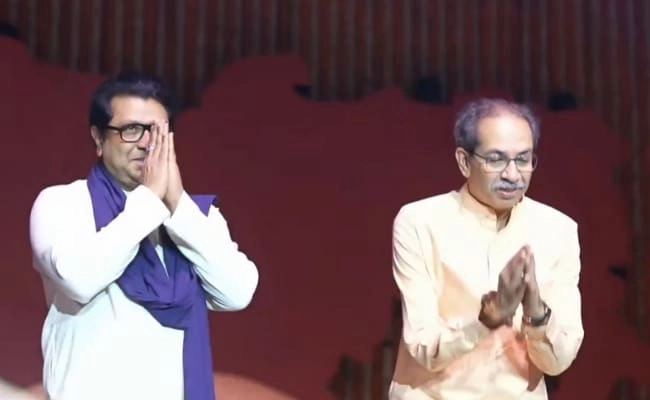Uddhav Thackeray, the leader of the Shiv Sena party, has recently made headlines by responding assertively to allegations of “gundagiri,” a term often used to describe rowdy or goon-like behavior. During a public address, Thackeray defiantly embraced the label, stating, “Yes, we’re goons.” This bold declaration was not merely a reaction to the accusations but rather a strategic move aimed at reframing the narrative around his party and its image in the political landscape. By acknowledging the term, Thackeray seeks to convey a sense of strength and resilience, positioning his party as a formidable force in Maharashtra’s political arena.
Thackeray’s remarks come at a time when political tensions are high, with rival factions attempting to undermine his leadership. The term “gundagiri” has often been weaponized by opponents to paint his supporters as violent or unruly. However, by owning the label, Thackeray is attempting to turn the narrative on its head, suggesting that his party’s robust approach to governance and politics is a reflection of their commitment to standing firm against adversaries. This tactic could resonate with his base, who may view such defiance as a sign of loyalty and toughness, appealing to sentiments of pride and determination among supporters.
Moreover, Thackeray’s comments can be interpreted as a rallying cry for his followers, reinforcing their identity and sense of belonging within the party. In a political environment where perceptions can heavily influence public opinion, his approach may serve to galvanize support and energize his constituency. By framing the struggle against allegations of “gundagiri” as a fight for honor and recognition, Thackeray is not only addressing the immediate criticisms but also laying the groundwork for a broader narrative about the Shiv Sena’s role in Maharashtra’s history and its future trajectory.
In conclusion, Uddhav Thackeray’s bold response to the “gundagiri” charge is a calculated move that reflects both a defensive strategy and an offensive one. By embracing the label, he is not only challenging the status quo but also inviting his supporters to rally around a shared identity in the face of adversity. This approach underscores the complexities of political discourse, where language and perception play critical roles in shaping public narratives and party dynamics. As the political landscape continues to evolve, it will be interesting to see how this strategy unfolds and what impact it has on Thackeray’s leadership and the Shiv Sena’s standing within Maharashtra’s political framework.




